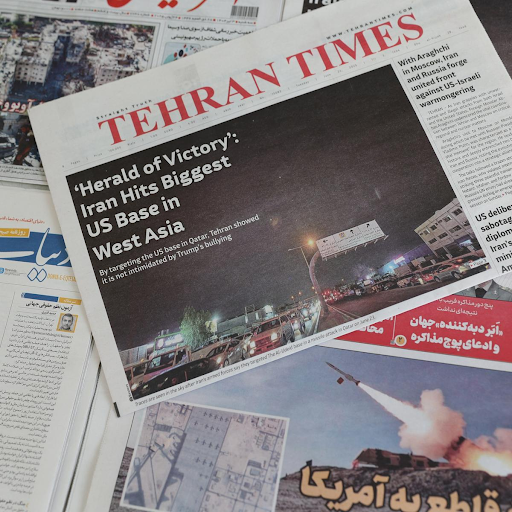




Copyright infringement not intended
Source: The Hindu
The recent US-Israeli attack on Iran's nuclear sites, followed by a shaky ceasefire, demonstrated that today's global alliances, which are frequently compared to Cold War blocs, are not as strong or united as they appear.
New global power blocs are emerging alliances between countries such as China, Russia, and Iran that seek to challenge the dominance of the Western-led global order. These blocs, such as BRICS and SCO, prioritize economic cooperation, strategic alignment, and institutional alternatives over formal military treaties like NATO.
|
Practice Question Q. How will I2U2 (India, Israel, UAE and USA) grouping transform India’s position in global politics? |
© 2026 iasgyan. All right reserved